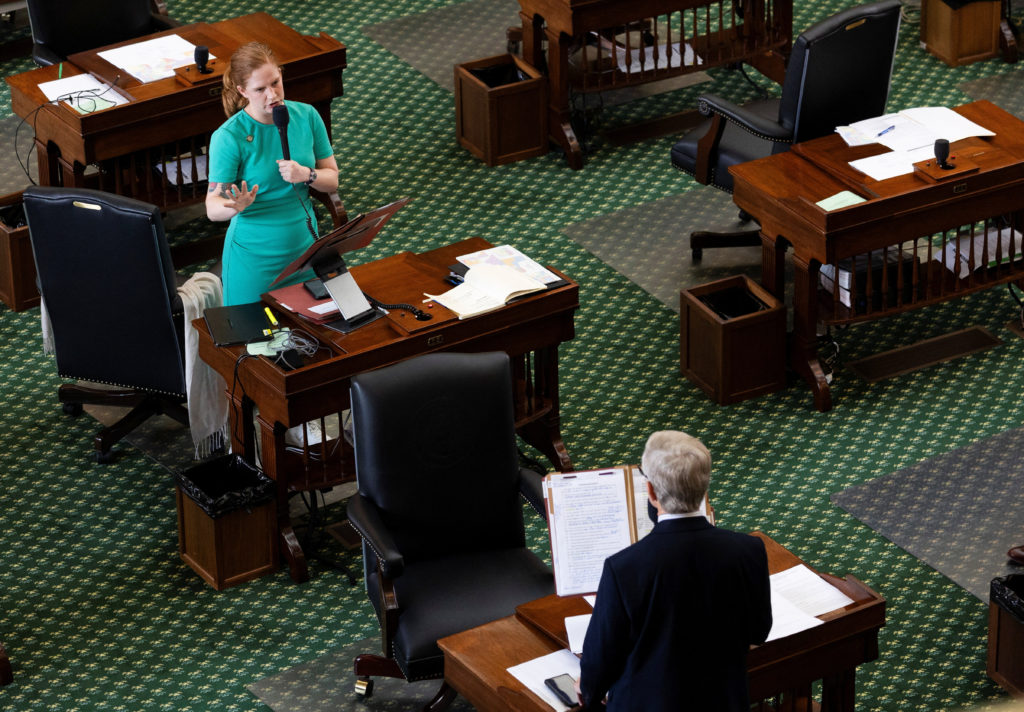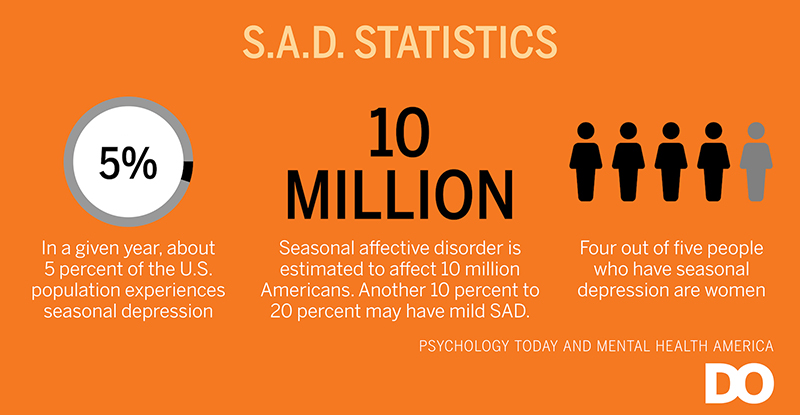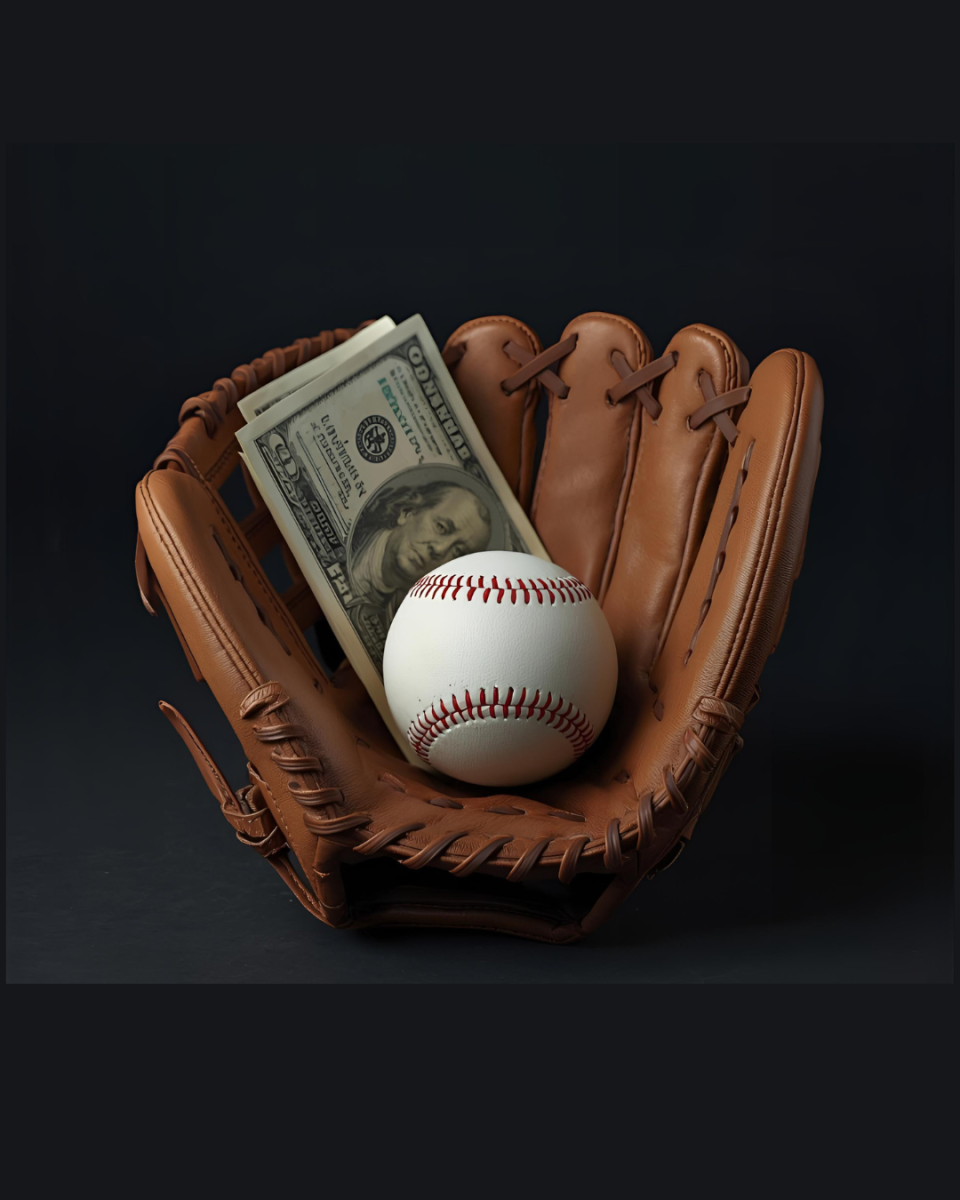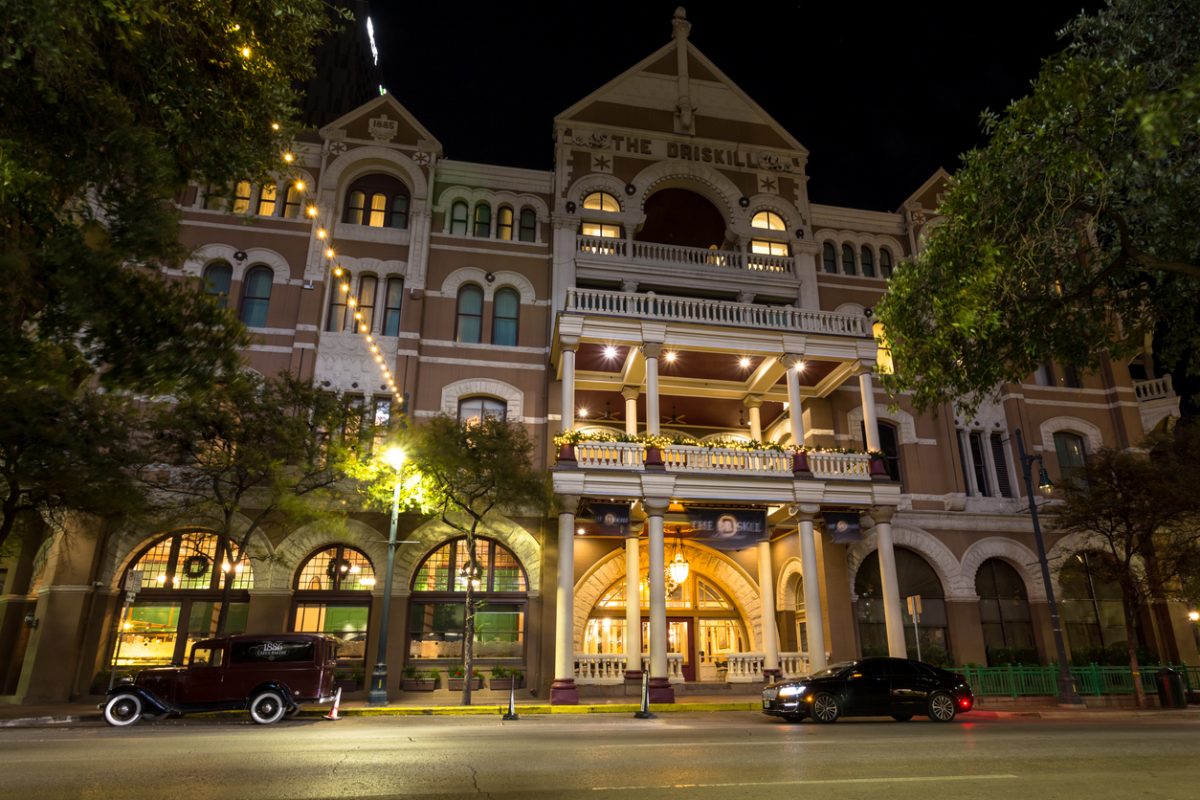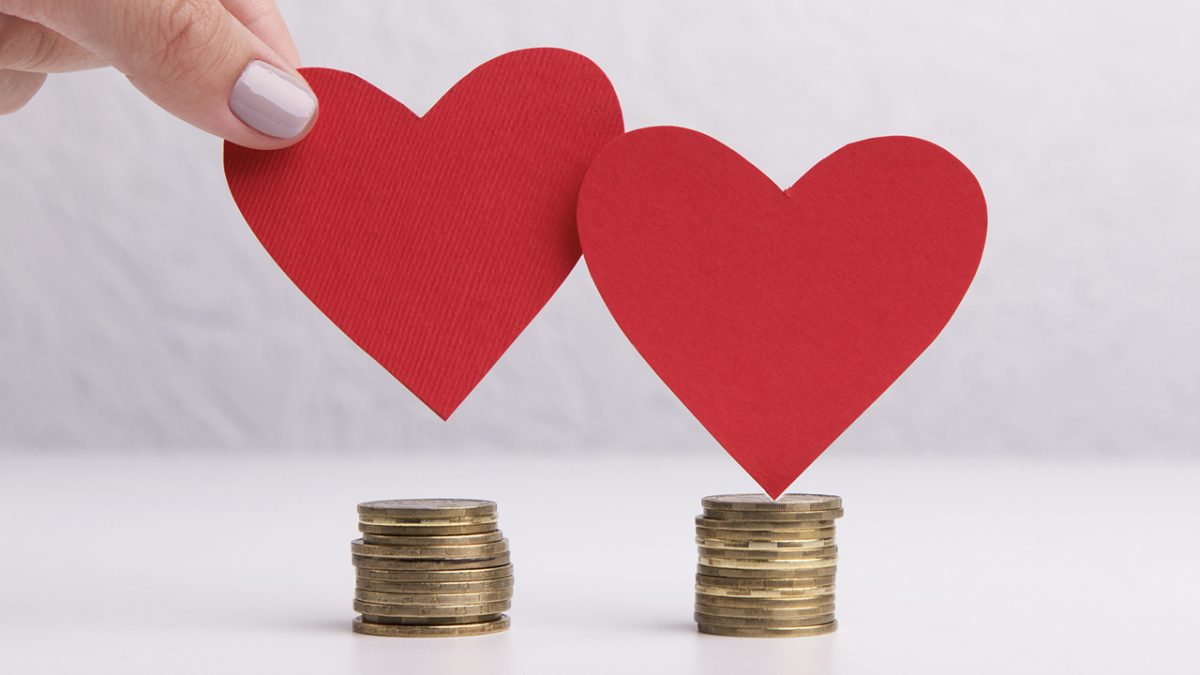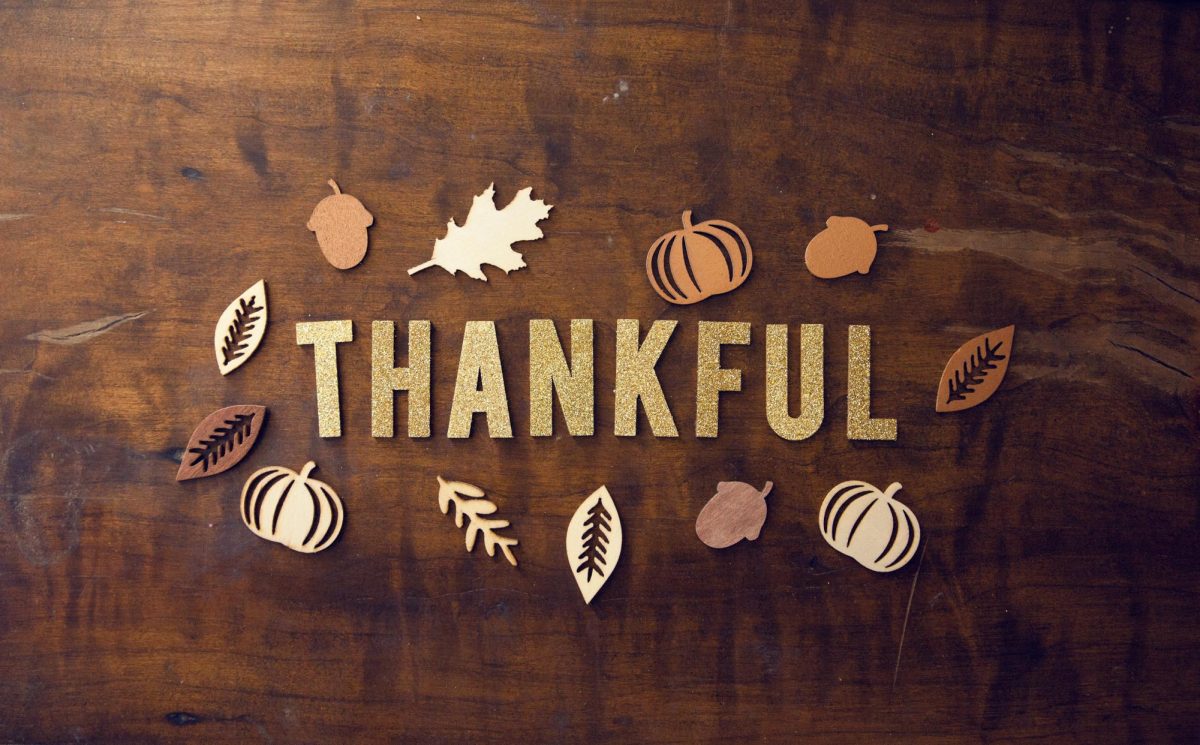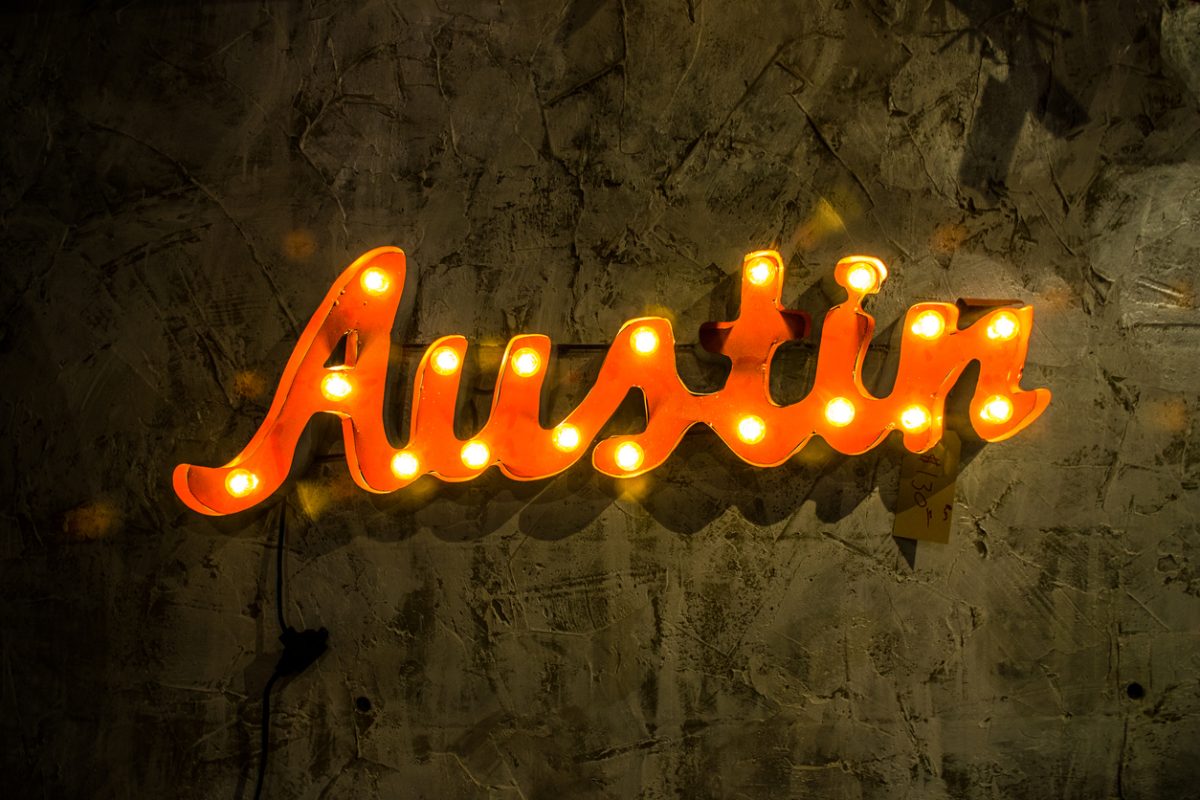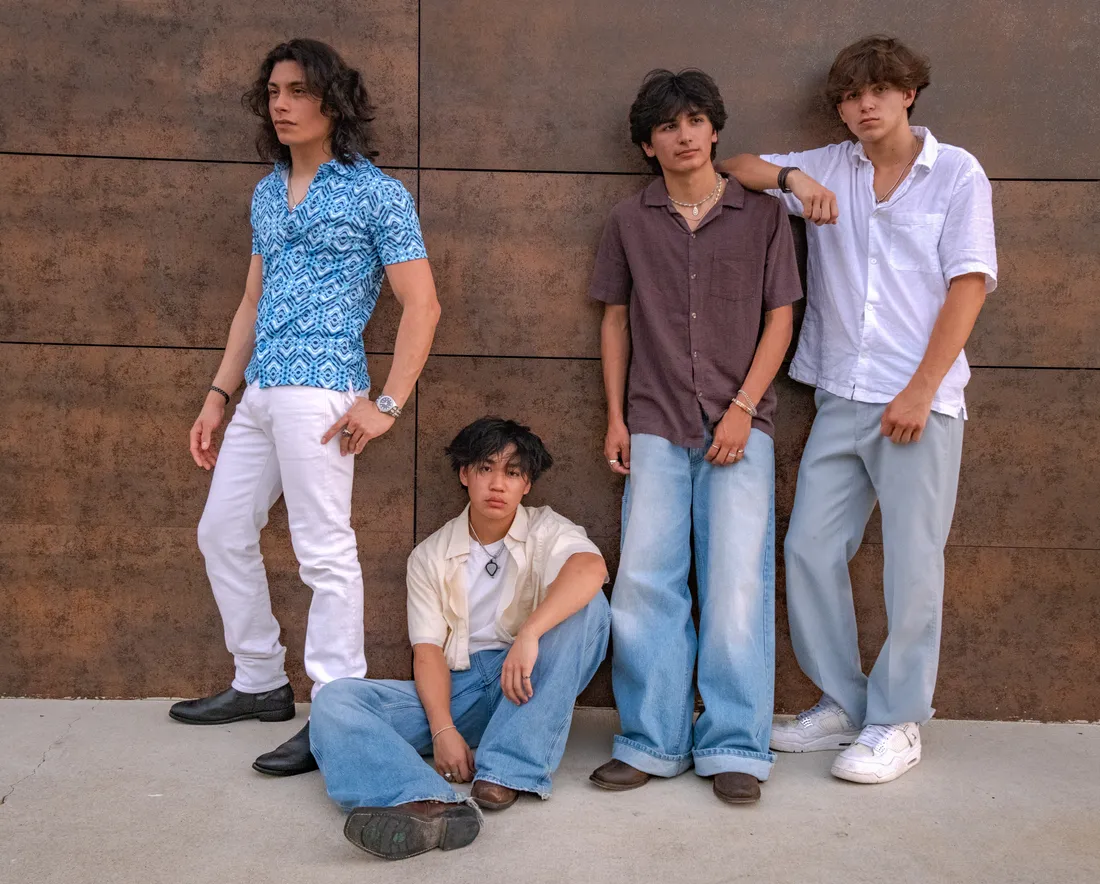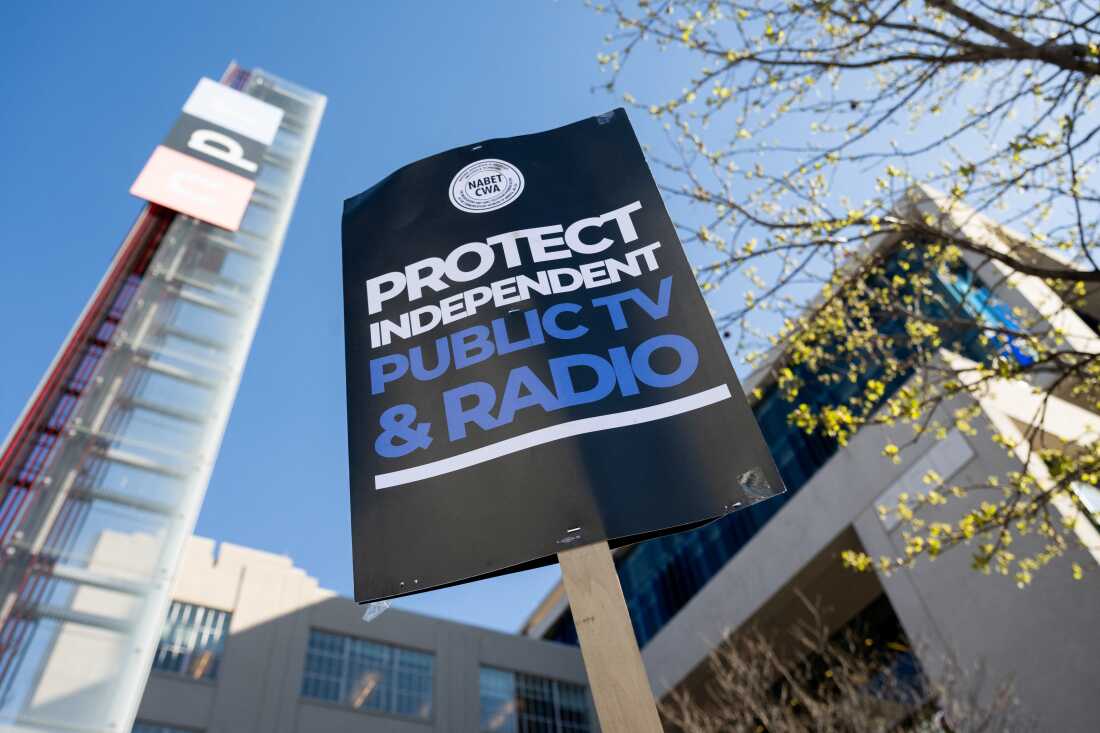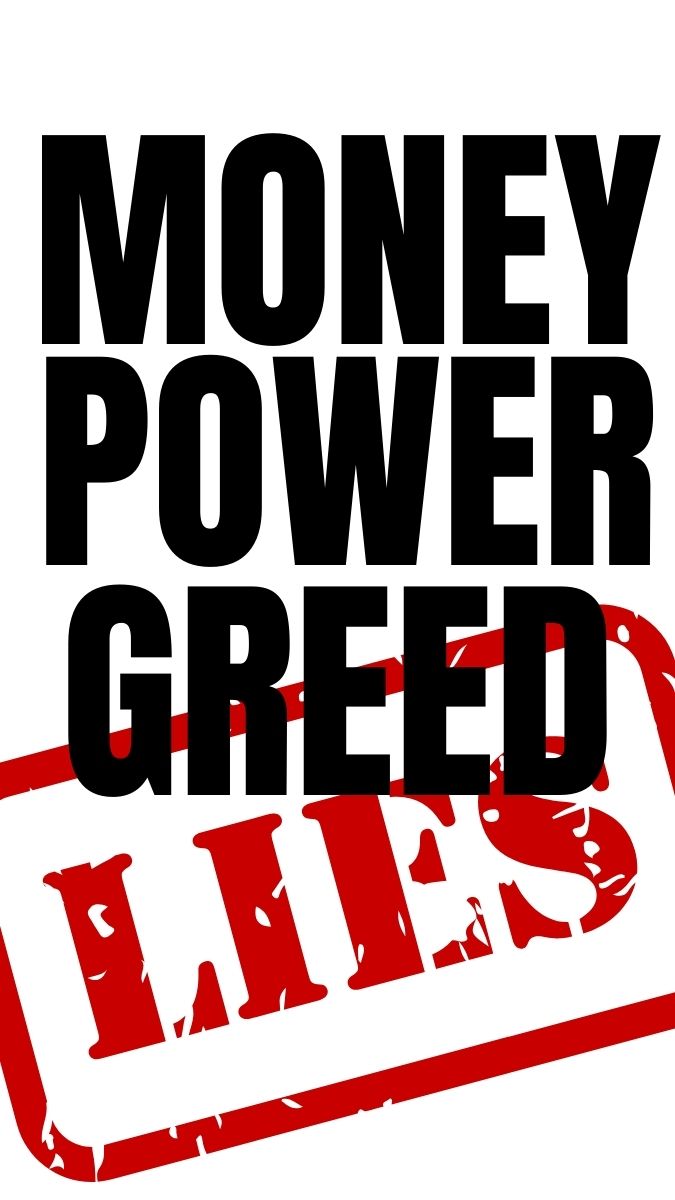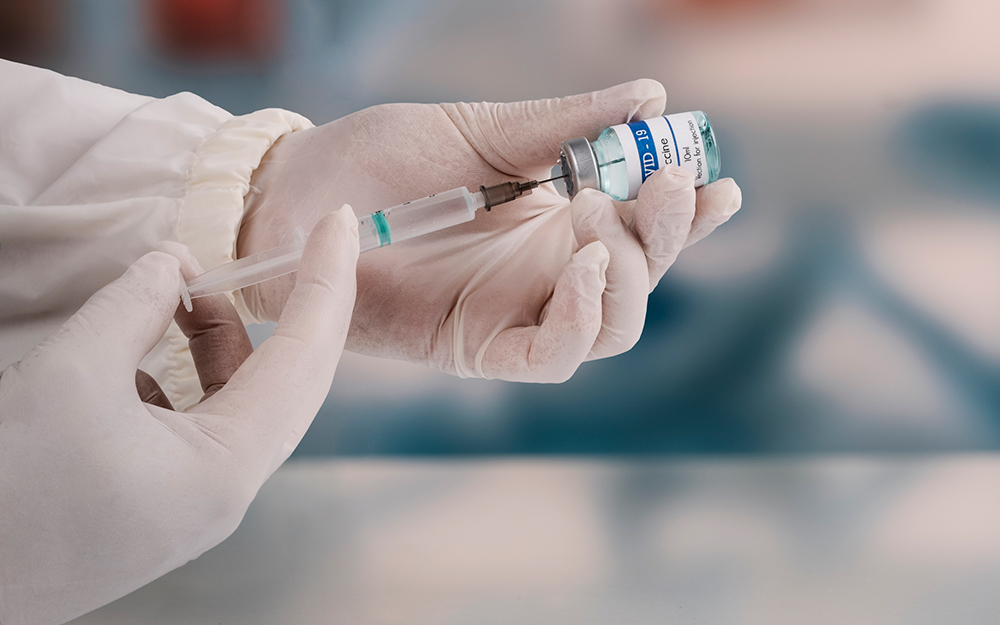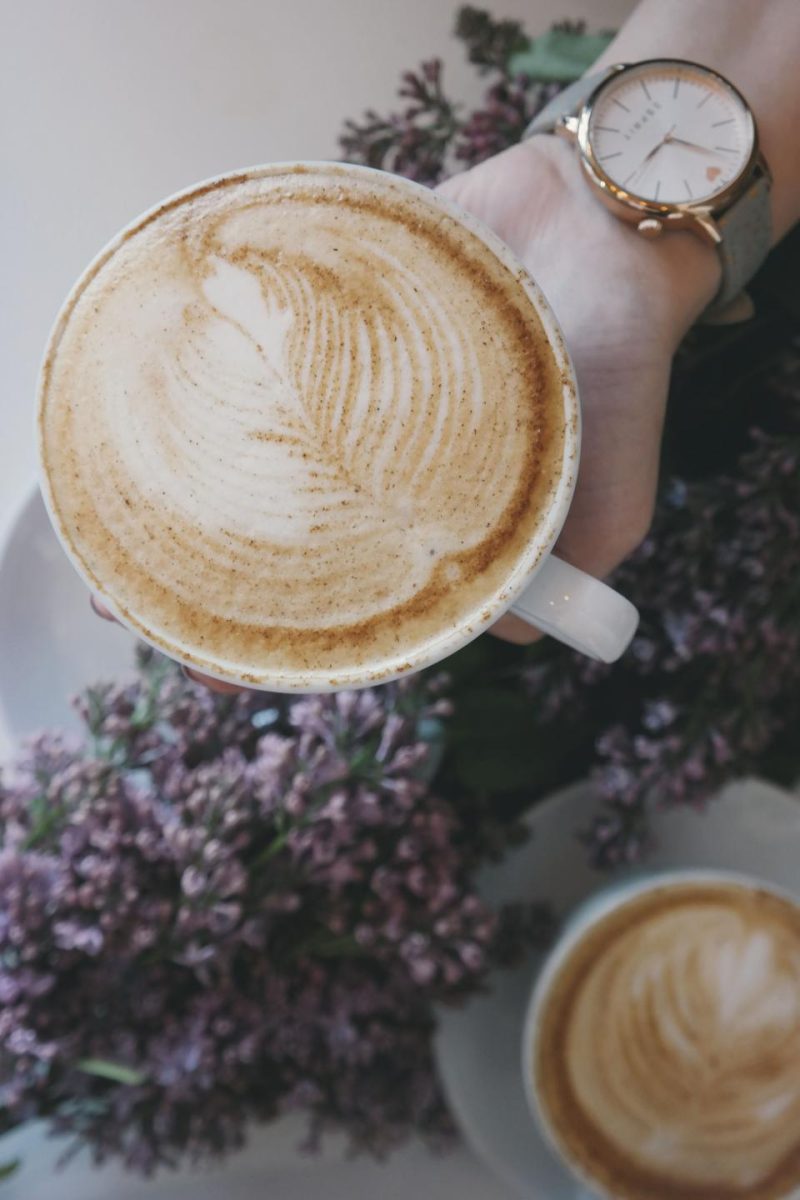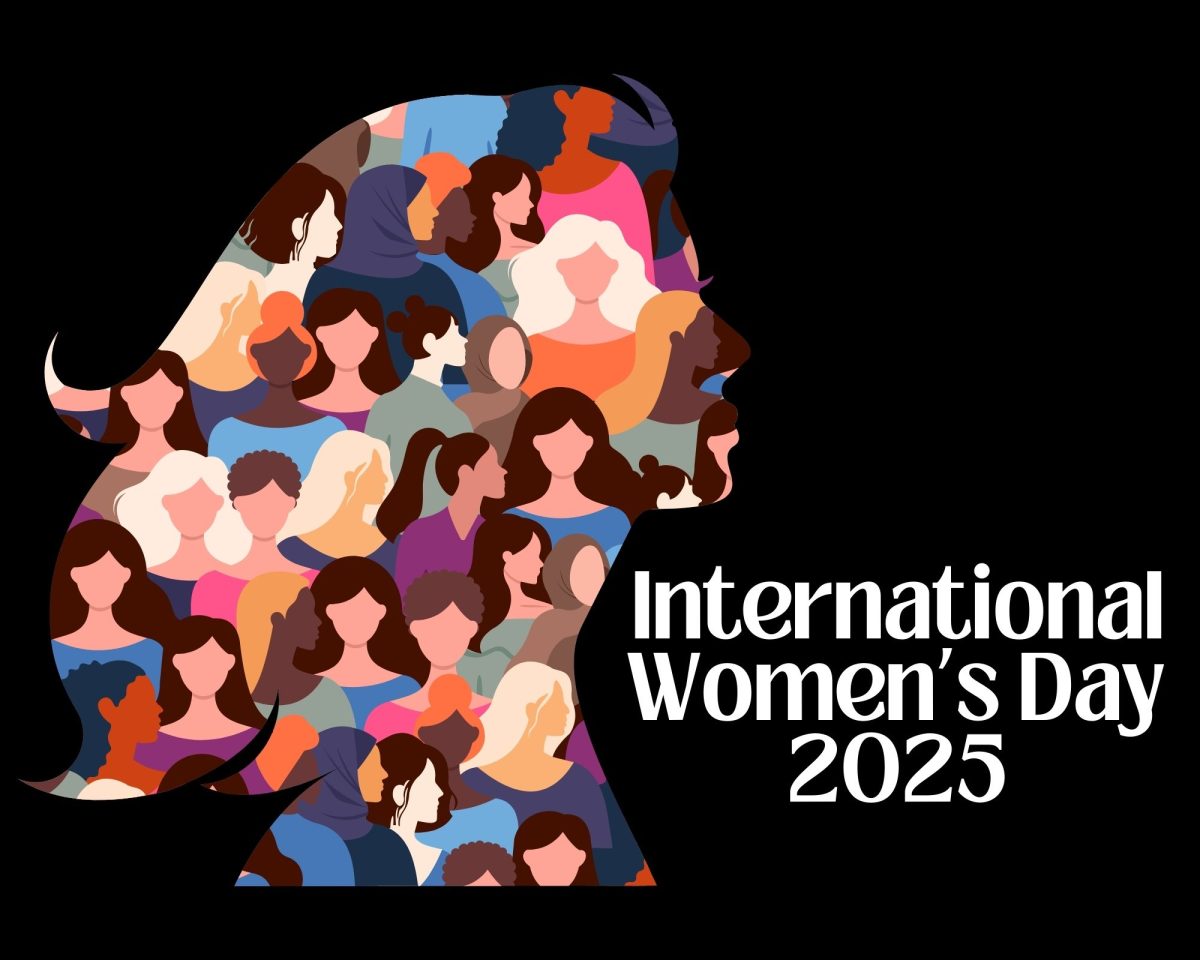Your alarm clock goes off, and with heavy eyes and an overall groggy feeling, you fumble around until you’ve turned it off (or hit snooze). It may take you a moment to realize what you need, but if you’re like a majority of people, a piping-hot, fresh-ground cup of coffee is calling your name. But what if there were ways to wake up without that healthy dose of caffeine? Would you be willing to try it?
Many people are aware that caffeine is a stimulant drug present in beverages such as coffee, energy drinks, tea, and soft drinks, and that it increases brain activity by stimulating the nervous system. What they may not be aware of is that 94% of American adults and 83% of American teenagers consume caffeine on a regular basis, however, the long-term consequences of this intake is not worth the short-term effects.
Caffeine affects people in various ways, but inevitably, it is a problem-causing substance that has not yet been addressed. Caffeine has been proven to trigger heart palpitations, cause atrial fibrillation, and contribute to skyrocketing anxiety rates. Energy drinks are not any better. Compared to coffee, they are more intense and more likely to cause long-term problems, specifically in the heart. Not only do they contain caffeine, but they are also full of other harmful stimulants such as taurine and guarana. However, if you’re going to chose one or the other, coffee is definitely the healthier choice.
“It makes me feel awake,” said Mary Cade, a sophomore AP world history teacher at LTHS. “But when I’ve had too much, it makes me feel jittery, and when I don’t have it in my system, I have withdrawals and get pretty bad headaches.” Like countless others, Cade stays on the endless of caffeine consumption.
Most everyone who is a frequent consumer of caffeine experiences withdrawal to some extent after going through periods ranging from hours to a few days without caffeine. This effect happens to be nearly identical to the withdrawal symptoms from drugs such as nicotine, which debatably makes caffeine an addictive stimulant due to people’s need for it daily to function. These withdrawals from caffeine may include headaches, migraines, fatigue, decreased energy, and overall alertness.
Now you are probably wondering…” What can I do instead of consuming caffeine that will give me a similar, energy-boosting effect?” For starters, exercise is a great alternative to wake yourself up in the morning. Exercise is one of the best proven methods to release endorphins which are essentially the “happy energy” hormones in your body that stabilize your mood. Another mechanism used by many is taking cold showers in the morning. It may be a challenge at first, however, once the habit is formed, the energy-boosting benefits are sure to replace the need for a caffeinated beverage.
Limiting or fully cutting out caffeine will create worlds of difference in your life and will allow you to take control of the clutch it currently has on you and your life. You must take the reins in your life and free yourself from this addiction that is doing nothing but harming your body. The healthier alternatives, while not that surgery-caffeinated beverage you crave in the mornings, are the more beneficial options that have very similar effects and are sure to change your life for the better.


